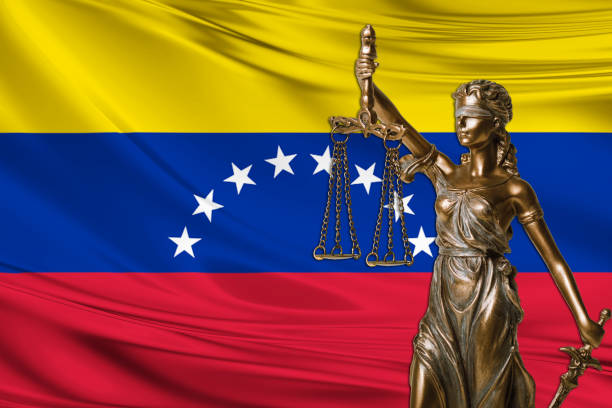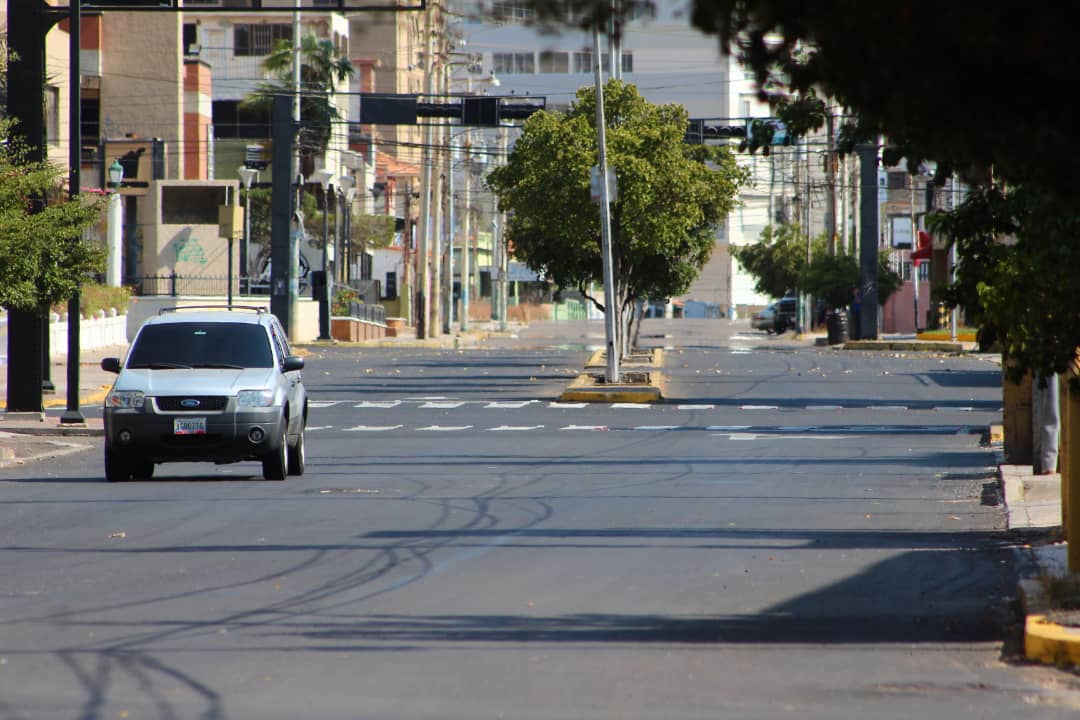Special Rapporteur Alena Douhan assured that “it is not correct to impose sanctions just because it is easier for the international community. We must take into account the suffering they cause to people”
Alena Douhan, The United Nations Special Rapporteur on the negative impact of the unilateral coercive measures, presented an update of her report on Venezuela on September 15, where she reiterated that the sanctions against the country are “contrary to international law and violate several principles such as sovereignty”.
During her presentation at the 48th Session of the UN Human Rights Council, Rapporteur Douhan reiterated that sanctions have affected fuel exports, which has exacerbated the already existing crisis. Also, the sanctions have affected social programs that benefit the most vulnerable, as well as financial operations and the purchase of equipment necessary to mantain and develop infrastructure.
She also pointed out that these types of measures have made it difficult to import food, which “leads the population to depend on social food programs” or emigrate. She stressed that unilateral sanctions cannot be used as a substitute for any criminal process because they are easier to apply and do not require evidentiary standards.
“It is not correct to impose sanctions because it is easier for the international community. We must take into account the suffering they cause to people, “said the rapporteur, who did not mention in her oral report two key issues contained in the written report.
“Ms. Douhan included in her report the situation of the Venezuelan gold deposited in England and the incident involving businessman Alex Saab,” explained Alí Daniels, director of Venezuelan NGO Acceso a la Justicia, who stressed that these topics are not within the terms of her mandate, which generates “a serious breach of her duties” as special rapporteur for the United Nations.
Regarding the situation of the Venezuelan gold deposited in England, Daniels mentioned that this is not subject to any sanction but on the recognition of the British authorities of a political figure, in this case, the interim government chaired by Juan Guaidó.
“If tomorrow a British court deems the Maduro government legitimate, the Bank of England will assign the deposits to it,” he stressed.
In the case of Alex Saab, Daniels said that the businessman is detained in Cape Verde for money laundering, a crime provided for in all world legislations. “That does not pertain to sanctions. A criminal process framed within the legislation of one country, and which is also being dealt with in the courts of another, is not a sanction. The same with the case of Hugo Carvajal (a.k.a. “El Pollo”), who was wanted and arrested for crimes provided for international legislations that have nothing to do with sanctions”.
Rapporteur insists on stopping sanctions
During her intervention at the interactive dialogue with the Council, Special Rapporteur Alena Douhan indicated that an assessment must be made of the legality and impact of the sanctions by other organizations besides the Office of the High Commissioner for Human Rights.
For this reason, she urged the States to review and minimize the scope of the sanctions to comply with international standards and the pacts and agreements that guarantee the independence of the States and their ability to guarantee the well-being of their peoples.
On his part, the Venezuelan Minister of Foreign Affairs, Félix Plasencia, thanked the rapporteur for her report. “Due to these sanctions, oil production has decreased by 99%. Even so, our health system continues to function and we have had a successful response to the pandemic”.
He also deemed it unusual that despite the request of the UN Secretary-General, the High Commissioner, and several special rapporteurs through various reports, “The United States continues to seek change in sovereign governments through the financial suffocation of the people.”
Translated by José Rafael Medina




